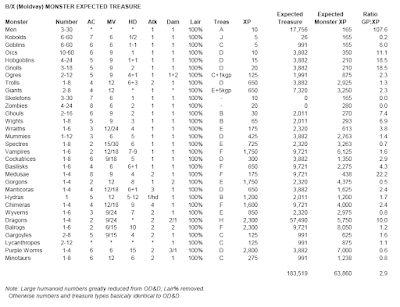I've read the first book a few years ago. This month, I gave it a re-read and delved into the second book. The Hyperion Cantos is comprised of four books; I haven’t read the final two and I'm not sure if I will.
But the first two were cool enough to mention—so here we are.
Hyperion is just great sci-fi. The story is about a group of interstellar pilgrims journeying to the planet Hyperion’s Time Tombs—a mysterious place that seems to move backward through time and is haunted by the metallic horror of the Shrike: an uber-powerful, four-armed monster that feels nearly unbeatable. Fortunately, it seems currently trapped on the planet, dedicating its existence to killing and torturing humans—many of whom are impaled on a metallic tree to suffer forever.
Each pilgrim tells their story and motives as they go, and each tale is captivating in its own way (the two stories about ageing are my favorites). They're written in different sci-fi styles—cyberpunk, military, science-fantasy, horror, and so on. Some stories are better than others, but they all made enjoyable reads, IMO. Even better, they connect in satisfying ways, and sometimes one story gives a previous one an unexpected twist. With this tapestry of tales, Dan Simmons paints a rich setting, full of wonder and pain.
The book deals with various themes, especially religion and technology, but also artificial intelligence, time travel, transhumanism, sentience, ecology, war, the purpose of art and suffering, free will and predestination, sacrifice, and so on. And it does so with amazing depth. The discussions about A.I seem relevant today, and the other themes are timeless.
The first book, therefore, is highly recommended—with the small caveat that it doesn’t have a proper ending, which only comes in Fall of Hyperion (kind of).
The first book, therefore, is highly recommended—with the small caveat that it doesn’t have a proper ending, which only comes in Fall of Hyperion (kind of).
Fall of Hyperion is also a fine book—and for me, it was definitely a page-twister, as I was eager to find out how the story ends. It often takes dark turns, resembling a horror movie like Alien or dealing with truly grim themes like genocide and torture. Unfortunately, it's a bit too long, a bit repetitive, and I felt that the horror lost some of its impact due to the wait and the fact that many characters seem able to survive apparent death one way or another (a trend that, I believe, continues in the last two books).
Overall, I found the first one much better, but the second one does live up to most of the promise.
This series feels influential—I feel the second one could have inspired The Matrix, for example—but isn’t quite that famous. I found the first one a better read than Dune (which I haven’t finished), which has several adaptions. Apparently, there’s a book or TV series adaptation of Hyperion in the works, which I’d certainly watch.
For the D&D fans, Hyperion offers cool ideas for monsters, religions, and dungeons. I wonder if Planescape’s “Lady of Pain” was inspired by the “Lord of Pain” moniker given to the Shrike. The Cadaver Collector is also reminiscent. When I first read the book, I was struck by the depiction of a Church of Pain—full of tight corners designed to cut and hurt visitors. And the idea of dungeons that travel through time is just too good to pass up!
In certainly thinking of taking some inspiration for my next RPG setting. But that's probably a subject for another post.







